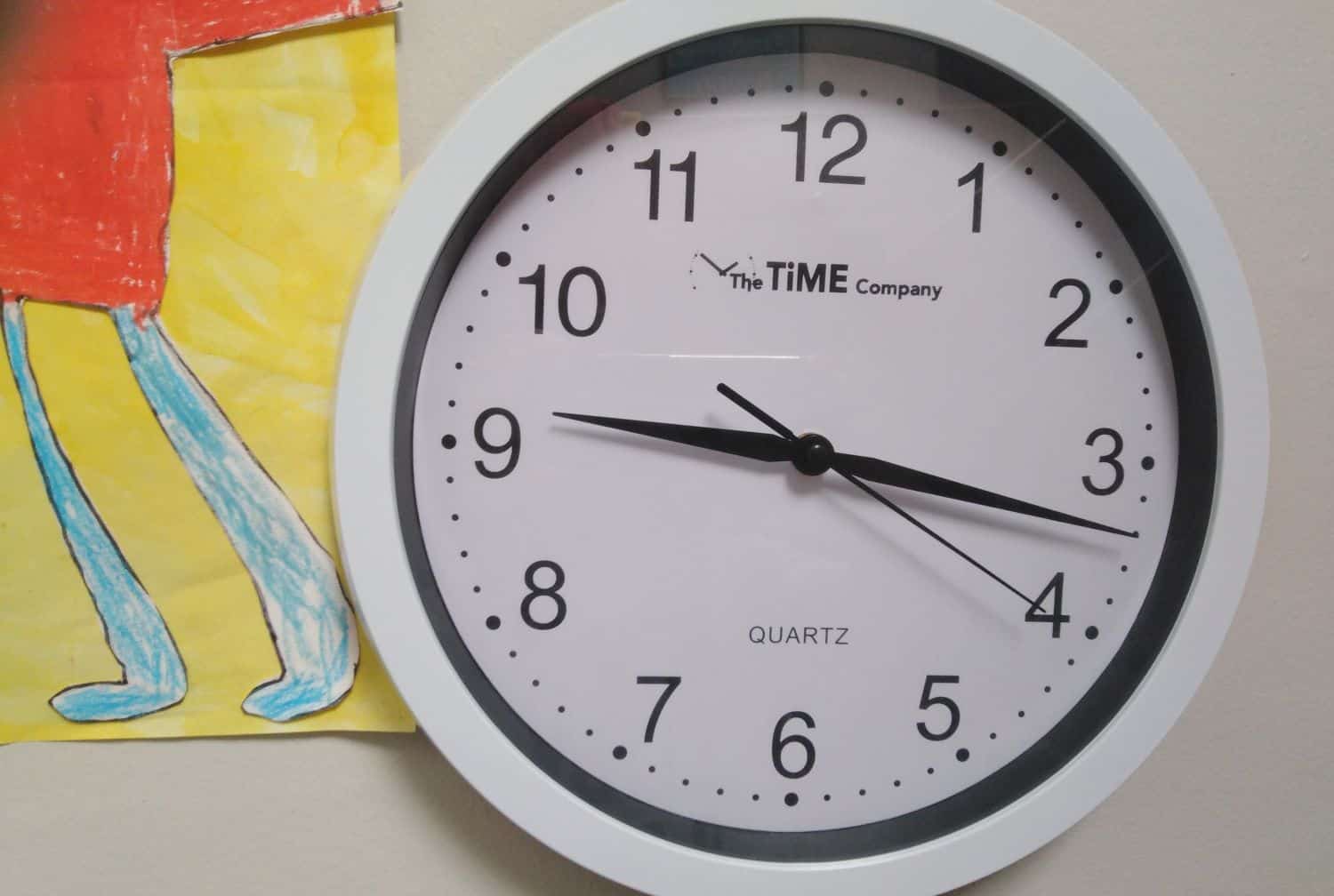Discretionary Hours Increase.
August 3, 2021.
The Ministry of Education has chosen to double the discretionary hours provided to teacher-led centres from 40 to 80 hours. It sought and gained the Minister of Education’s agreement to make this change.
The change applies only to teacher-led centres not under the control of a Kindergarten Association (since these are currently funded to provide full parity to their teachers and don’t have a problem attracting and holding onto qualified teaching staff).
Centres can continue to operate below 80% certificated teachers and continue to qualify for the 80-99% funding band for up to 80 hours every funding period instead of 40 hours, or qualify for the 100% funding band using up to 80 discretionary hours.
A child attending a centre 20 hours a week therefore can have untrained adults/ uncertificated teachers for the equivalent of 4 out of every 16 weeks (that’s one whole month out of every four months) – whilst the Ministry continues to pay out taxpayer money to the service provider as if the centre is employing a specified percentage of certificated teachers within the minimum staffing requirement, which it is not.
The Ministry has made this change without evidence that there has been a change to the NZ ECE teacher supply problem – and when there is evidence of a teacher pay and working conditions problem (see the latest report on staff pay and workforce retention).
In briefing the Minister, the Ministry said; “the sector is telling us that teacher supply is very tight” but did not mention any specific submissions from “the sector”. We are left to assume that this pressure came from a commercial interest lobby group.
The Ministry noted an increase in centres that are now at 100% certificated teachers.
It admitted to the Minister that “most services are not providing their discretionary hours data to the Ministry, making it impossible to assess the effect of discretionary hours or the need for their continuation”.
By excluding centres that are fully funded for pay parity (‘kindergartens’) from the discretionary hours increase, the ministry is showing it wants to keep in the good books of those service providers who want to reduce their wage costs, hurt the supply of certificated teachers who are working as relief teachers, and take pressure off service providers to employ certificated teachers in permanent positions.
The Ministry shared with the Minister of Education that “a number of services choose to operate close to 80% in order to minimise their staffing costs.” The policy change is designed to help these services until such time as it is easier to bring in foreign teachers.
The net effect on the current ECE teacher workforce will be that currently employed certificated teachers can be asked by their employers to carry larger numbers of untrained teaching colleagues for more hours.
The Ministry has the Minster’s agreement for the discretionary hour increase to be for the current funding period and the next November 2021 funding period. However, it notes that “the risk with this intervention is that it becomes the new norm and difficult to adjust back.”
Consequences for Service Providers linked to the discretionary hours increase
The Ministry is going to introduce a funding consequence.
Service providers who do not provide discretionary hours information to the Ministry will be dropped to the lowest funding band – unless they are able to comply with the provision of information when asked by the Ministry.









